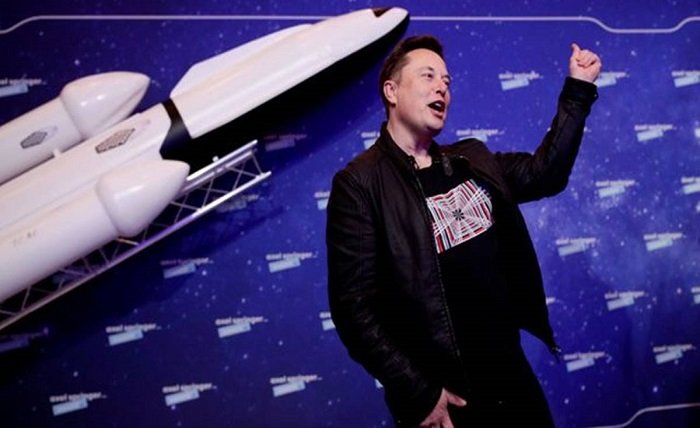Political Leaders Invited Elon Musk to Set Up Tesla Plants in Their States

In recent times, there has been a notable trend where political leaders across various states have extended invitations to the renowned entrepreneur and visionary, Elon Musk, to set up Tesla plants within their jurisdictions. This blog post explores the reasons behind this invitation, the potential impact of Tesla plants, and the considerations involved in such decisions.
Background of Elon Musk and Tesla
Who is Elon Musk?
Elon Musk, the co-founder and CEO of Tesla, Inc., is a prominent figure in the technology and automotive industries. His visionary leadership has revolutionized electric vehicles and renewable energy. Musk’s achievements extend beyond Tesla, with ventures like SpaceX and Neuralink pushing boundaries in space exploration and neurotechnology.
Tesla’s Journey and Influence
Tesla, Inc. emerged as a pioneer in the electric vehicle market, offering high-performance cars with sustainable energy solutions. The company’s advancements in battery technology and autonomous driving have disrupted the automotive industry, inspiring global interest in electric mobility.
The Impact of Tesla Plants
Economic Growth and Job Creation
Establishing Tesla plants in a state can lead to significant economic growth and job creation. The production facilities generate employment opportunities, both directly and indirectly, across various sectors, including manufacturing, logistics, and services.
Technological Advancement and Innovation
Tesla plants often become hubs for technological advancement and innovation. The presence of these facilities can attract other companies and foster collaboration, contributing to the development of a vibrant ecosystem focused on renewable energy and electric mobility.
Political Leaders’ Motivation
Attracting Investments and Boosting Local Economy
One of the primary motivations for political leaders inviting Elon Musk and Tesla to set up plants in their states is the desire to attract substantial investments. Tesla’s brand value and technological expertise make it an attractive partner, potentially boosting the local economy through increased investments and business opportunities.
Environmental and Sustainability Goals
Political leaders who prioritize sustainability and environmental conservation see Tesla plants as a means to align their state’s development with renewable energy objectives. Collaborating with Tesla can enhance the state’s clean energy infrastructure and reduce carbon emissions.
Benefits for the States
Increased Tax Revenue
Establishing Tesla plants can lead to increased tax revenue for the state. The operations of the facilities, along with associated economic activities, contribute to tax collections, which can be utilized for public services, infrastructure development, and social welfare programs.
Enhanced Brand Image and Tourism
Having a Tesla plant within their state can enhance its brand image as a forward-thinking, sustainable, and technologically advanced location. This positive perception can attract tourists and investors, further stimulating economic growth.
Challenges and Considerations
Infrastructure and Logistics
Welcoming Tesla plants requires adequate infrastructure, including transportation networks, power supply, and access to resources. Political leaders must consider the readiness of these aspects to support the smooth functioning of the facilities.
Workforce Development
Ensuring the availability of a skilled workforce capable of meeting Tesla’s requirements is crucial. Political leaders need to assess the local labor market and collaborate with educational institutions to provide relevant training and skill development programs.
Case Studies of States Inviting Elon Musk
Transformation of an Industrial Hub
In State A, political leaders recognized the opportunity to transform their declining industrial hub into a center for clean energy and innovation. By inviting Elon Musk and Tesla, they aimed to revitalize the local economy and attract tech-savvy talent to the region.
Leveraging Natural Resources
In State B, the abundance of renewable energy resources, such as wind and solar, made it an attractive location for Tesla plants. The state’s political leaders focused on capitalizing on these resources to promote sustainable growth and establish a green energy ecosystem.
Elon Musk’s Response
Evaluating Invitations
Elon Musk carefully evaluates invitations from political leaders to set up Tesla plants. He considers factors like the state’s commitment to renewable energy, infrastructure readiness, and potential benefits for the local community before making a decision.
Conclusion
In conclusion, the growing interest of political leaders in inviting Elon Musk to set up Tesla plants in their states stems from various factors, including economic growth, technological innovation, environmental goals, and the desire to attract investments. The establishment of these facilities can contribute to job creation, technological advancements, and overall economic development. However, it is crucial for political leaders to address infrastructure requirements, workforce development, and other considerations to ensure a successful collaboration.




